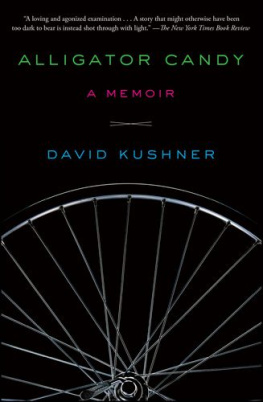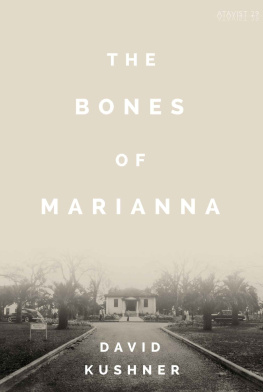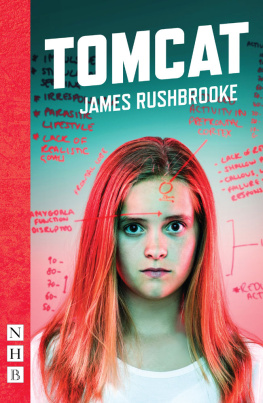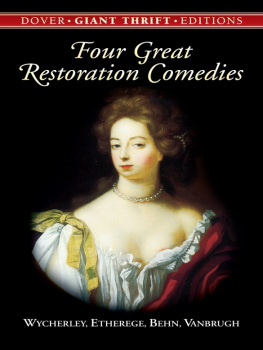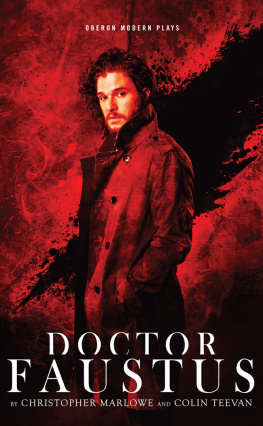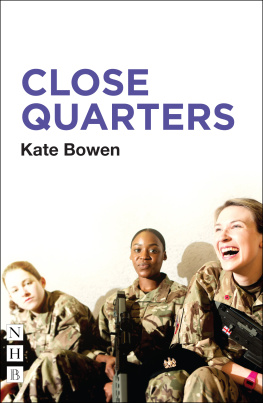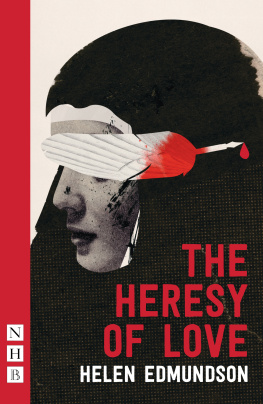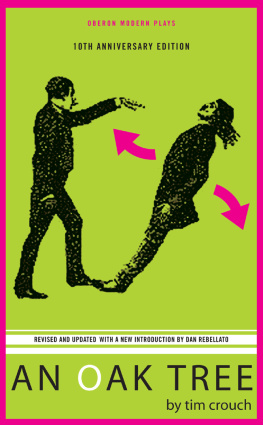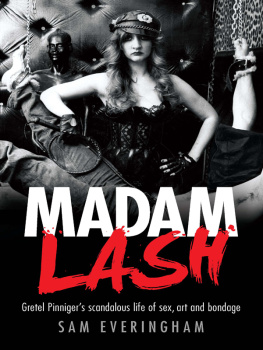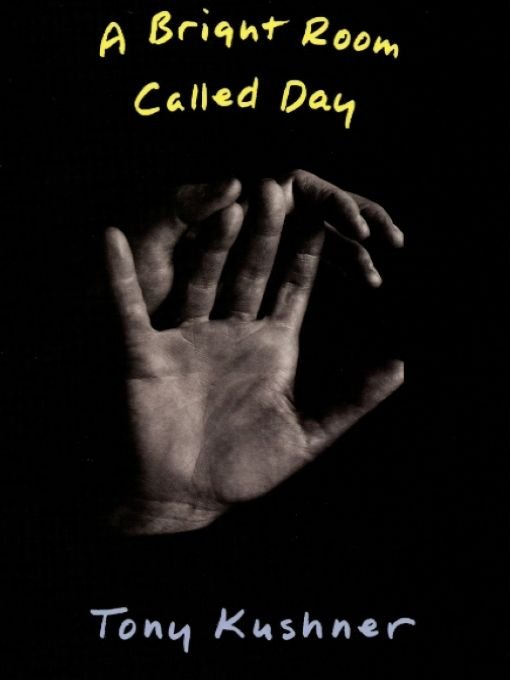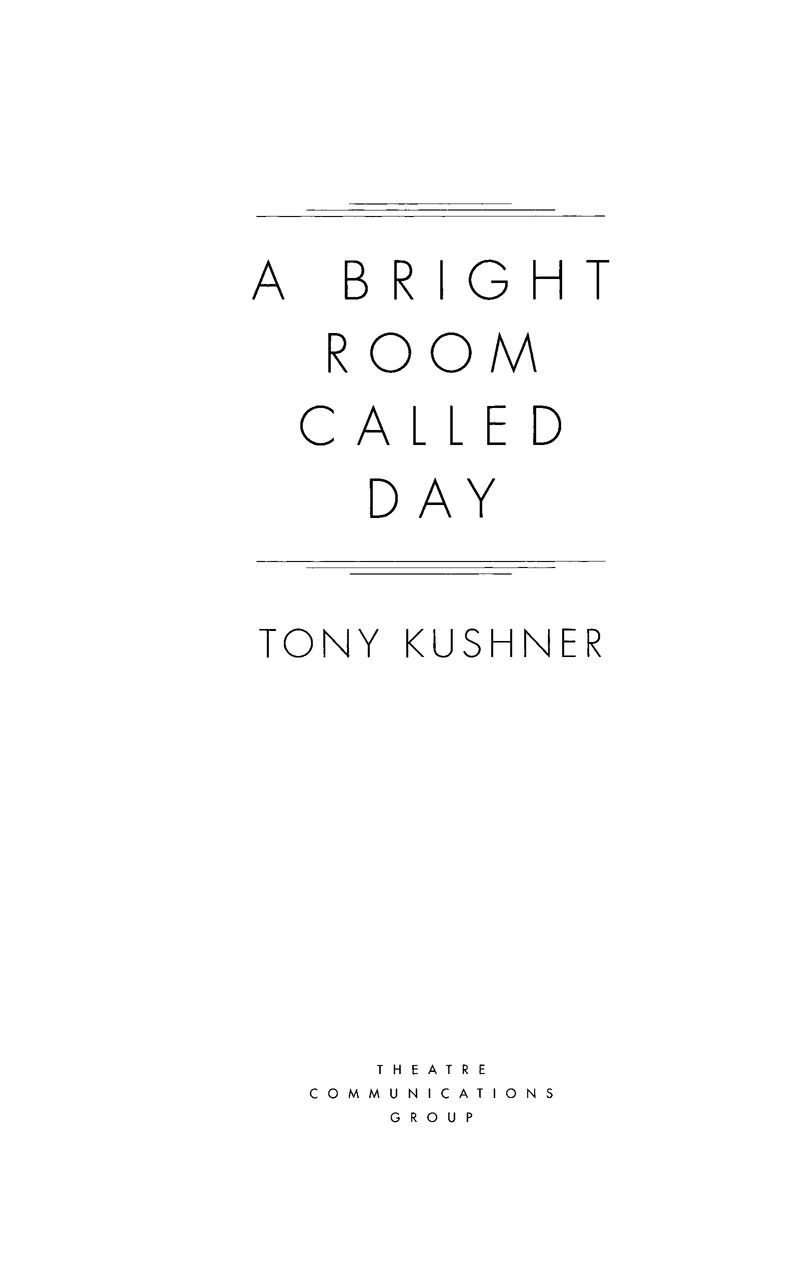Table of Contents
TITLES BY TONY KUSHNER AVAILABLE FROM TCG
Angels in America, Part One: Millennium Approaches
Angels in America, Part Two: Perestroika
A Bright Room Called Day
Death & Taxes: Hydriotaphia & Other Plays
A Dybbuk and Other Tales of the Supernatural
Adapted from S. Ansky
With translations by Joachim Neugroschcl
Homebody / Kabul
The Illusion
Freely adapted from Pierre Corneille
Thinking About the Longstanding Problems
of Virtue and Happiness:
Essays, a Play, Two Poems and a Prayer
Includes: Slavs!
A Bright Room Called Day was first presented by Heat & Light Co., Inc. in a workshop production at Theatre 22 in New York City in April 1985. Tony Kushner directed the following cast:
| AGNES EGGLING | Priscilla Stampa |
| BAZ | Stephen Spinella |
| PAULINKA ERDNUSS | Alexandra Rambusch |
| ANNABELLA GOTCHLING | Maria Makis |
| VEALTNINC HUSZ | Peter Guttmacher |
| ROSA MALEK | Kimberly Flynn |
| EMIL TRAUM | Jonathan Rosenberg |
| DIE ALTE | Theresa Reeves |
| AH* | Tracy Martin |
| GOTTFRIED SWETTS | David Warshofsky |
| ZILLAH | Roberta Levine |
| ZACHARY* | Michael Mayer |
| *Characters died in the rewrites. |
The play premiered in San Francisco at the Eureka Theatre in October 1987. Oskar Eustis directed the following cast:
| AGNES EGGLING | Sigrid Wurschmidt |
| BAZ | Jeff King |
| PAULINKA ERDNUSS | Carmalita Fuentes |
| ANNABELLA GOTCHLING | Abigail Van Alyn |
| VEALTNINC HUSZ | Michael McShane |
| ROSA MALEK | Ann Houle |
| EMIL TRAUM | David Warshofsky |
| DIE ALTE | Jaime Sempre |
| GOTTFRIED SWETTS | David Warshofsky |
| ZILLAH | Lorri Holt |
In January 1991,
Bright Room was produced at the Joseph Papp Public Theater by the New York Shakespeare Festival. Michael Greif directed the following cast:
| AGNES EGGLING | Frances Conroy |
| BAZ | Henry Stram |
| PAULINKA ERDNUSS | Ellen McLaughlin |
| ANNABELLA GOTCHLING | Joan MackIntosh |
| VEALTNINC HLISZ | Olek Krupa |
| ROSA MALEK | Angie Phillips |
| EMIL TRAUM | Kenneth L. Marks |
| DIE ALTE | Marian Seldes |
| GOTTFRIED SWETTS | Frank Raiter |
| ZILLAH | Reno |
| ROLAND | Kenneth L. Marks |
The play benefited immeasurably from the editing and dramaturgical advice provided by Kimberly Flynn, Carl Weber, Ellen McLaughlin and Oskar Eustis. Through frequent discussion with Oskar Eustis the shape of the play has changed substantially since its first incarnation; this version incorporates many of his structural ideas and suggestions.
Thanks also to Mark Bronnenberg for his keen eye and loving support.
A Bright Room Called Day is for Carl Weber, teacher, mentor and friend; for Kimberly Flynn, a true and triumphant heroine in the face of great adversity; and is dedicated to the memory of Florence Kushner: Zeicher tzadikah livrachah.
CHARACTERS
AGNES EGGLING: mid- to late 30s; preferably heavyset. Bit player / character actress in the German film industry.
GREGOR BAZWALD (BAZ): early to mid-30s. Homosexual who works for the Berlin Institute for Human Sexuality.
PAULINKA ERDNUSS: mid-30s, but looks a little younger. Actress in the German film industry; a featured player on her way to becoming a minor star.
ANNABELLA GOTCHLING: mid-40s. Communist artist and graphic designer.
VEALTNINC HUSZ: mid-40s. Cinematographer. Hungarian exile. Missing an eye, he wears spectacles with one lens blackened.
ROSA MALEK: mid- to late 20s. Minor functionary of the KPD (Kommunistische Partei Deutschlands).
EMIL TRAUM: mid- to late 20s. Slightly higher-ranking functionary of the KPD.
DIE ALTE: a woman, very old but hard to tell how oldsomewhere between 70 and dead-for-20-years. White face and rotten teeth. Dressed in a nightgown, once white but now soiled and food-stained.
GOTTFRIED SWETTS: ageless; when he looks good he could be 30, when he looks bad he could be 50 (or more). Distinguished, handsome, blond, Aryan.
ZILLAH KATZ: contemporary American Jewish woman. 30s. BoHo/East Village New Wave with Anarcho-Punk tendencies.
PRODUCTION NOTES
A Bright Room Called Day is set entirely in Agnes Egglings apartment, a small flat in a large nineteenth-century residential building in a low-rent district in Berlin. The apartment has probably no more than three rooms. Only the main room is visible. It is cluttered, cozy and has large windows.
Zillahs table, overburdened with books, should be to one side.
A detailed, realistic apartment set will weigh the play down and give the audience the wrong signals (that this is a realistic account of a period in history). There should be something wonderfully warm and inviting about the place, and something verging on the fantastical. We should be able to recognize it as an apartment, but not in any sense an ordinary one.
The play relies on being grounded in emotions to make its points and have its effects. At the same time, it doesnt work at all as a mumbly domestic drama; the language needs attack, precision, specificity, and needs to be moved along with confidence and fearlessness. And politics are true passions for these people, not pretexts for private feelings.
Editing is possible throughout, and recommended. In Scene 23 I have sentimentally restored a speech of Bazs, which in most productions has been cut. The entire speech, which begins Do you remember ten years ago, Agnes? and concludes Good-night. Paris awaits, can and probably should be deleted (keeping only the very last line).
The impulse to interrupt the Weimar-era play with Zillah Katzs editorializingand she is not the playwrightcame from a curiosity about the necessity of metaphorizing political content in theatre. Why, I wondered, shouldnt audiences hear an unapologetically didactic, presentational voice as well as representational scenes? The result of this question, and the solution that is Zillah, make for the most interesting and problematic aspect of the text.
The present version of the play uses earlier versions of Zillahs interruptionsmostly from the Eureka Theatre production. I have appended to the back of this volume the interruptions we used for the New York Shakespeare Festival production; theres something to be said for either version.
The German scenes have remained essentially unchanged throughout the several drafts of Bright Room; Zillahs materials have gone through drastic revisions (originally she had a brotherand in the London production she was an anti-Thatcherite Brit). Ideally there should be a continual updating of the specifics of Zillahs politics of paranoia, in the form of references to whatever evildoing is prevalent at the time of the production. Though I think she should stay true to the zeit informing her particular geist, namely the Reagan-era, there might be politically useful emendations made, if


